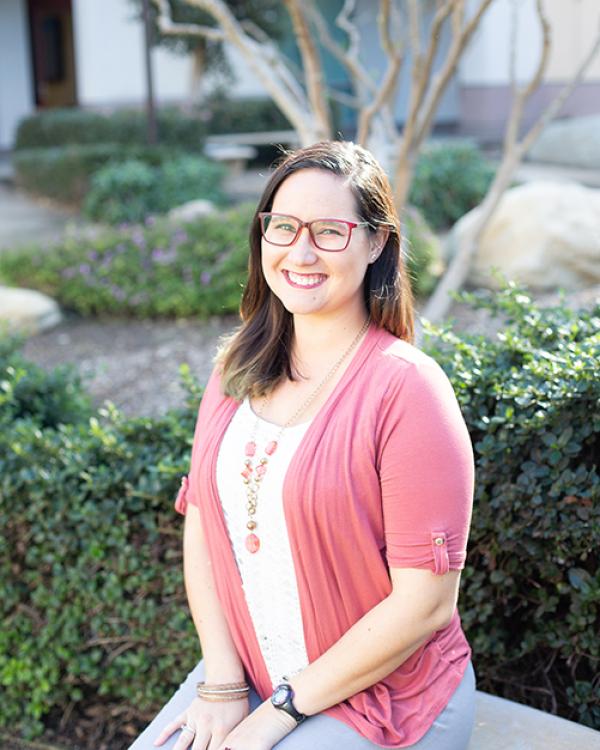
Alexandria Muller (she/they) is a fourth year Ph.D. candidate studying STEM Education under Dr. Danielle Harlow. She received her B.S. in Ecology and Evolutionary Biology from the University of Arizona prior to coming to UCSB to earn her M.A. and Ph.D. Her research interests include curriculum development, equity and inclusion in education, and learning in informal spaces such as afterschool programs and museums. Her dissertation research will focus on identifying best Diversity, Equity, and Inclusion (DEI) practices of museums across the United States. Outside of her graduate studies, Ali enjoys reading fantasy novels, dancing west coast swing and country line dancing, and going wine tasting.
GGSE: How has your work with informal science institutions informed your research interests?
Muller: My involvement with science museums is why I am in graduate school. I grew up going to the Arizona Science Center on weekends with my dad which ignited my love of museums. I started working on developing curriculum in 2013 for our local historical museum teaching STEM concepts through the history of my hometown, which started my love of teaching in informal environments. Since then, I've moved between different informal learning institutions until I finally landed at Biosphere 2, the world's largest earth science research facility in Tucson, Arizona, where I realized that to be able to create more inclusive programming that encourages people from diverse backgrounds to develop an interest in STEM I needed to get my Ph.D. and better understand how people interact with science in informal contexts.
GGSE: Tell us a little bit about your interest in curriculum development.
Muller: I like community-facing research and the most effective way to engage the community with my research is through curriculum development and dissemination. By creating curricula that builds upon community interests and history that uses current best-practices in education, I can ensure that my research is working to understand the educational needs and practices of my community that might be reflected in other communities around the world. Plus, the ivory tower gets boring and I like to continuously interact with people from a variety of disciplines and curriculum development allows me to do that while continuing my educational research.
GGSE: How have your Research Practice Partnerships (RPP) benefitted your local community?
Muller: I work with Dr. Danielle Harlow in an RPP with MOXI, The Wolf Museum of Exploration + Innovation. Through this partnership, we've had the privilege to develop curricula that connect classroom learning with field trips to MOXI that foster student and teacher interest and self-efficacy in engineering design. We've also been able to work with informal educators throughout the city to encourage facilitation that builds upon visitor interests and knowledge that deviates from traditional "I talk, you listen" methods of facilitation that museums have historically defaulted to.
GGSE: How do you stay grounded and take care of your mental and physical health throughout difficult work weeks?
Muller: I dance and rely on friends. Grad school is definitely not easy and especially when trying to do as many projects as I do. I make sure that I carve out time every week to go out with friends and dance my tushy off without talking or thinking about work. I personally love to do country line dancing and west coast swing, but even jamming out in my living room can make work seem a little less stressful.